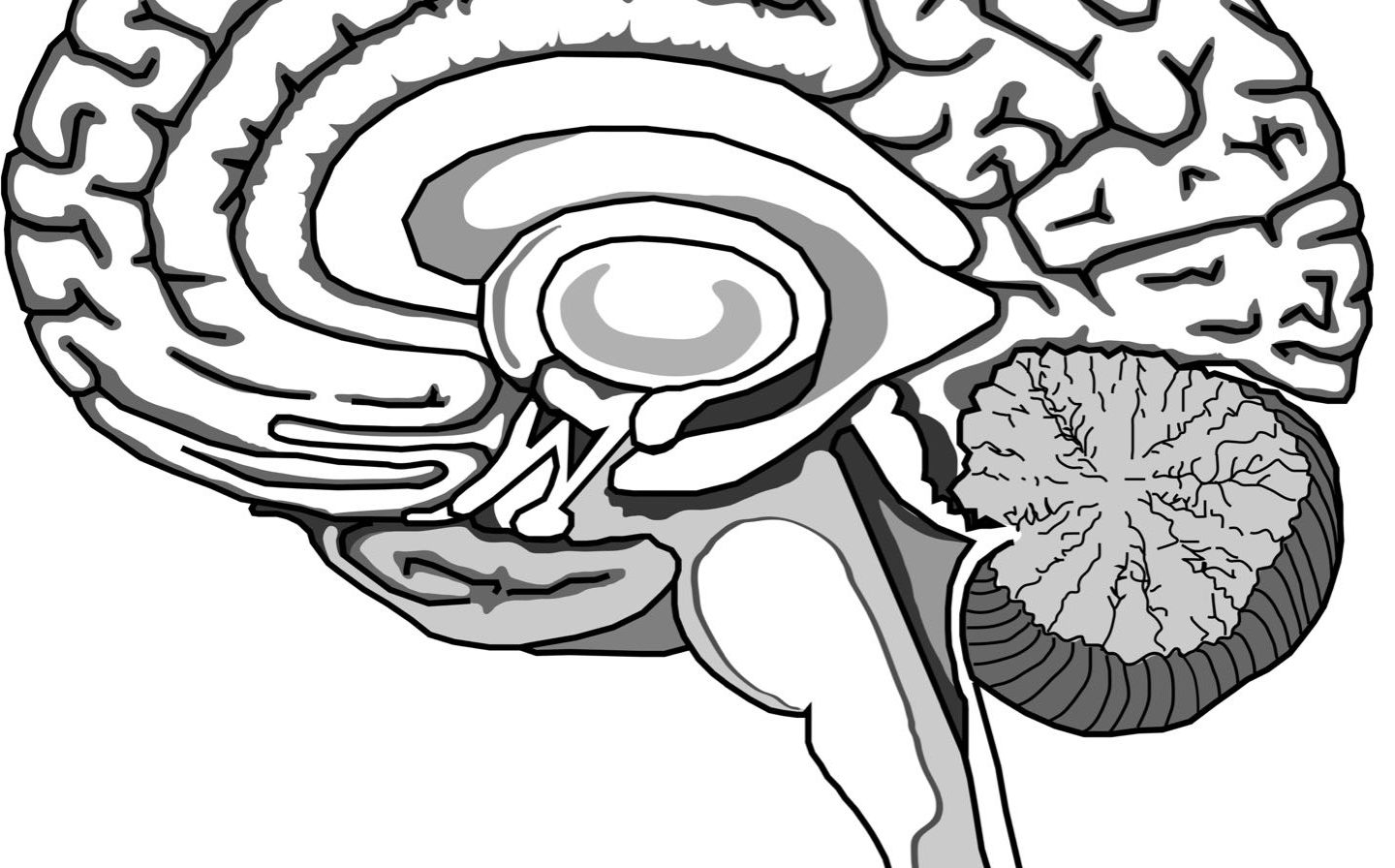Alan Turing and Neural Computation
(Caveat: for the sake of exposition, at times I articulate past views in slightly anachronistic terms; I do my best to capture the gist of what Alan Turing and others meant in terms that contemporary readers should find perspicuous.) The computational theory of cognition says that cognition is largely explained …





